We started this platform to cultivate hope with stories of people and places around the world that are resisting the violent, oppressive systems we live in.
Today, we're continuing to fulfill this mission with our 5 Questions With series.
Read about a handpoke tattoo artist raising funds for Gaza here.
In our second installment, meet Hans Lodders and Sunamita Borges da Costa, a Dutch-Brazilian husband and wife regenerating the land–and the way of life–in a Portuguese village.
The combination of greed, eternal growth, and an extractive system is poisonous for life on our planet, especially for mankind.
Hans and Sunamita moved to the village of Santa Cruz in Alentejo during the pandemic, and quickly started seeing how climate change in the region was connected to soil degradation and economic decline.
Today, they grow a climate-resilient food forest on 9 hectares of land, turning it into a living lab called QXote, where others can practice a regenerative path.
Keep reading to learn more about QXote and how you can support the project.
1. Please tell us a little about yourself.
We are a Dutch-Brazilian couple living in Portugal.
My wife lost her job as a professor under the combined drama of the pandemic and the rule of Jair Bolsonaro, and I was working online, so we decided to move to Portugal, kind of like a place in between.
We were living in Alentejo on 9 hectares of fruit trees, figs, and olives. Soon, we started to see beyond the beauty of the landscape, becoming aware of the challenges of this rural area.
We live next to the village of Santa Cruz, which has a few hundred inhabitants with an average age of around 64.
Not even 20 years ago, Santa Cruz had four cafés, a restaurant, a small supermarket, a bakery, and a primary school. Now, one generation later, there is only one café left.
Entering the first hot summer of our region, with months of no rain and days with over 110 degrees Fahrenheit, opened our eyes to the systemic impact of climate change.
Alentejo was always hot, but climate change acts as a catalyst, making things worse.
As the land becomes drier, farmers in this traditional agricultural region of Portugal feel compelled to work it even more intensely to get some yield. They plow twice a year and use fertilizers and pesticides, deteriorating the soil further.
Because of these practices, the land has started to erode, leading to our current situation: 94% of our region is susceptible to desertification and, together with our neighbors in Spain, the Extremadura, we belong to the hottest and driest place in Europe, where climate change hits hardest.
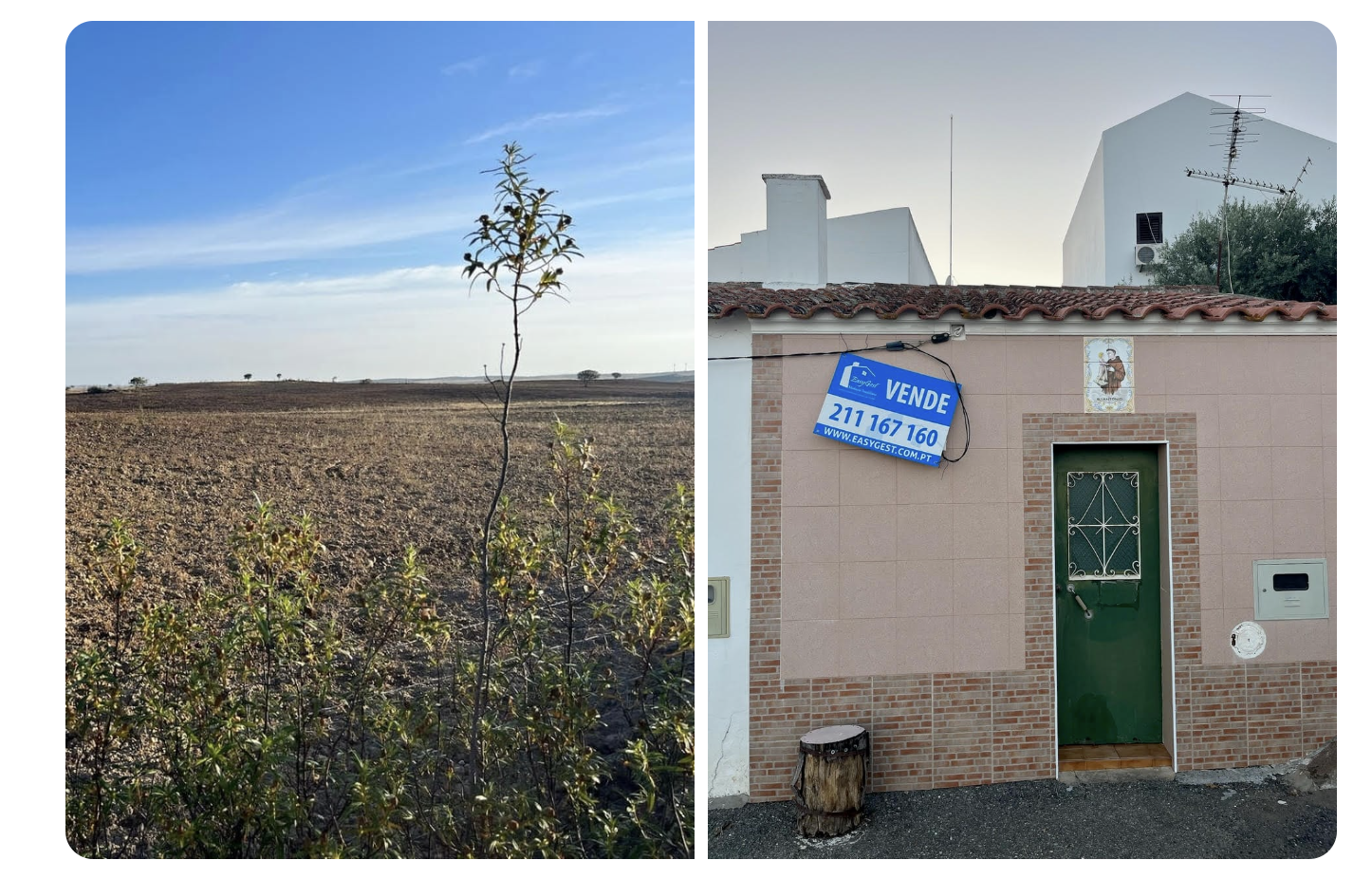
2. What is QXote?
Climate change also impacts the region's social cohesion and economic robustness. Because the land produces less, its value declines every year. People tend to move abroad or go to big cities.
We were caught in the vicious circle of climate change, land degradation, declining economic activity, depopulation, and aging.
When we became aware of this cycle, we could not unsee it.
Putting our brains, networks, skills, and knowledge to the greater good, we became a social enterprise, a Social Network Enterprise, as we like to call it.
We transformed our property into a Living Lab, where we work together with students and volunteers on regenerative projects such as permaculture, circularity, healthy soil practices, and smart water management.
Together with our students, we've planted a climate-resilient food forest where we grow our own vegetables in permaculture foodbeds. We also installed solar panels and have biofilters in place to filter out grey and black water.
Our food forest grows over 30 different species of plants, herbs, flowers, bushes, and trees. We believe in well-designed, mixed planting, and we follow syntropical planting principles.
The food forest is just over one year old, but we can already see an uptick in the number of insects and pollinators attracted by its plants and trees.
Our forest is also a place people and organizations can invest in. We already work with a Dutch company that compensates its CO2 footprint by ordering QXote plants and trees.
CO2 compensation is far from an exact science, and that’s why we invest not only in trees, but also in biodiversity, a system that fosters trees to grow, even in harsh climates like ours, with plants, bushes, shrubs, flowers, herbs, ground covers, mulch, and irrigation. We make it 100% transparent by reporting on the number and locations of plants we grow in the name of a business or individual.
It's also possible to visit us with your organizational team and have a workation or even some strategy sessions, combined with working the land and planting the trees together. We believe work events are more fun and impactful this way!
Since we started QXote three and a half years ago, we've already hosted about 150 students.
You can imagine what life this brings to Santa Cruz. Every time we run groups, we have our meals in the village's last café. We also rent houses from Santa Cruz residents and collaborate with our neighboring municipality, Mértola, for events during which our students present their final QXote projects.
These events are live-streamed, putting Mértola on the world's map as an open-minded and beautiful place to visit and work.
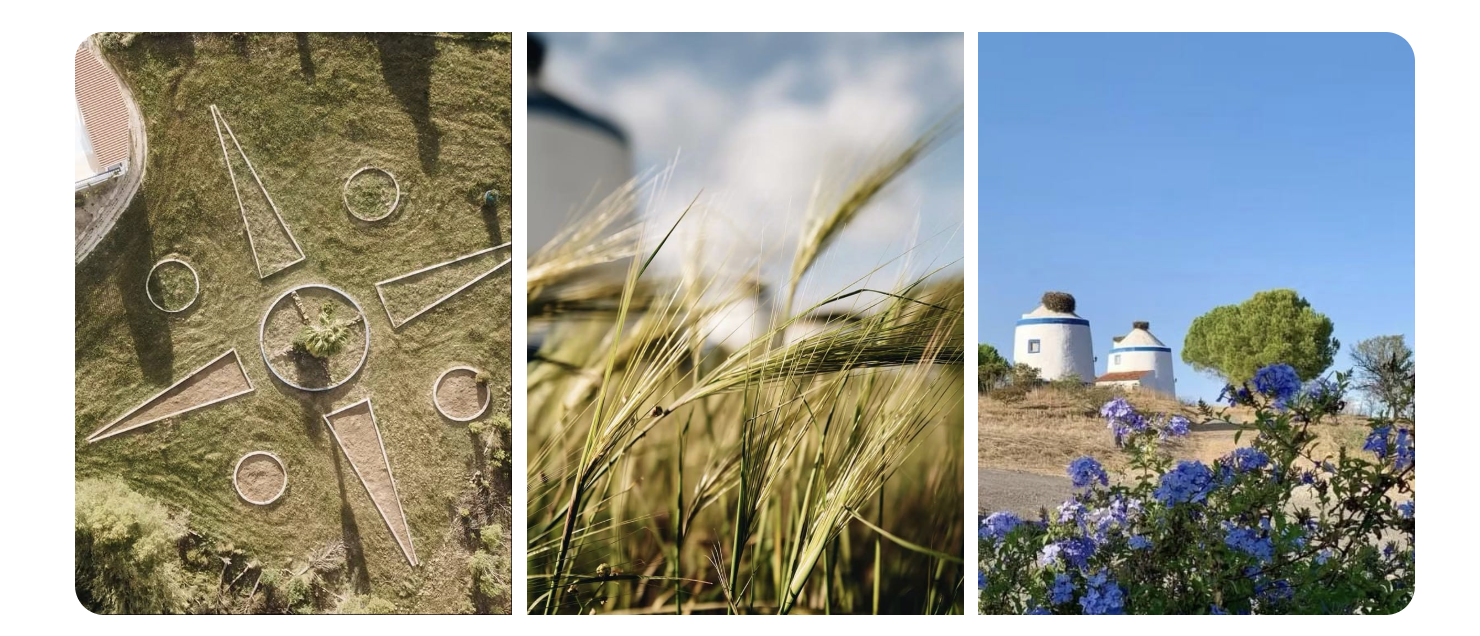
3. If you could change one thing about the world, what would it be?
I believe that the combination of greed, eternal growth, and an extractive system is poisonous for life on our planet, especially for mankind. The related inequality is a source of many social atrocities.
I would love to get rid of capitalism and replace it with a regenerative paradigm.
4. What do resistance and solidarity look like for you?
They look like bravery and kindness.
Resistance means you need to be (very) brave to stand up and not stay a bystander.
Solidarity means that you must keep a kind heart and an open mind, stand together with your friends and fellow people, and support each other.
5. What gives you hope?
Since we stopped plowing and invited our neighbor to come every month with his 200 sheep to graze the land, we see a measured increase in biomass and biodiversity. We see life coming back to the village every once in a while.
Our land is slowly turning into a green hotspot, and we have people coming to the village instead of leaving. That gives me hope!
If my wife and I can do it, anyone can. It's not easy – especially financially – but making a meaningful impact every day gives us enormous passion and positive energy.
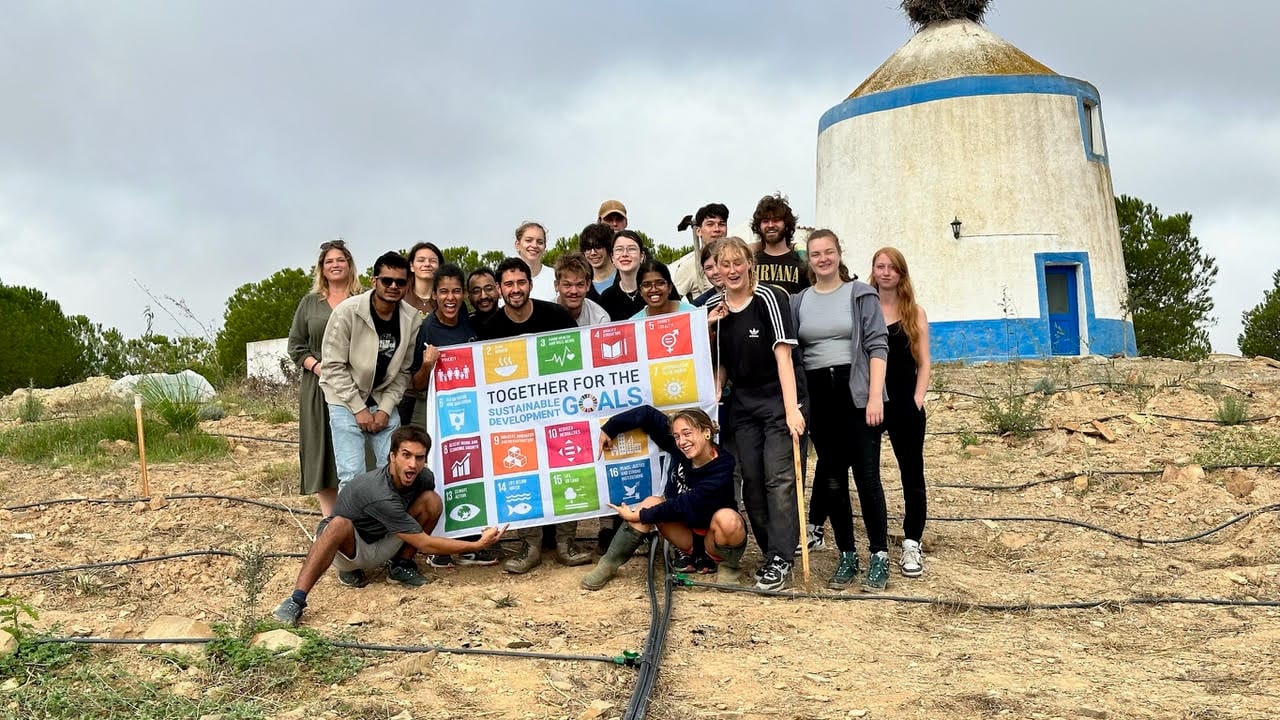
• Connect with Hans and Sunamita on LinkedIn
• Watch this short film about QXote
• Listen to this Going Places interview with a climate activist

Radostina Boseva is our Founding Member
Radostina Boseva is a film wedding photographer with an editorial flair based in San Francisco.
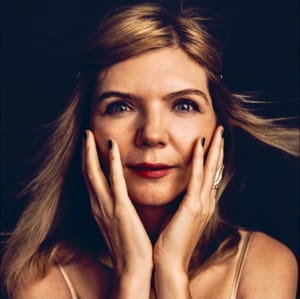
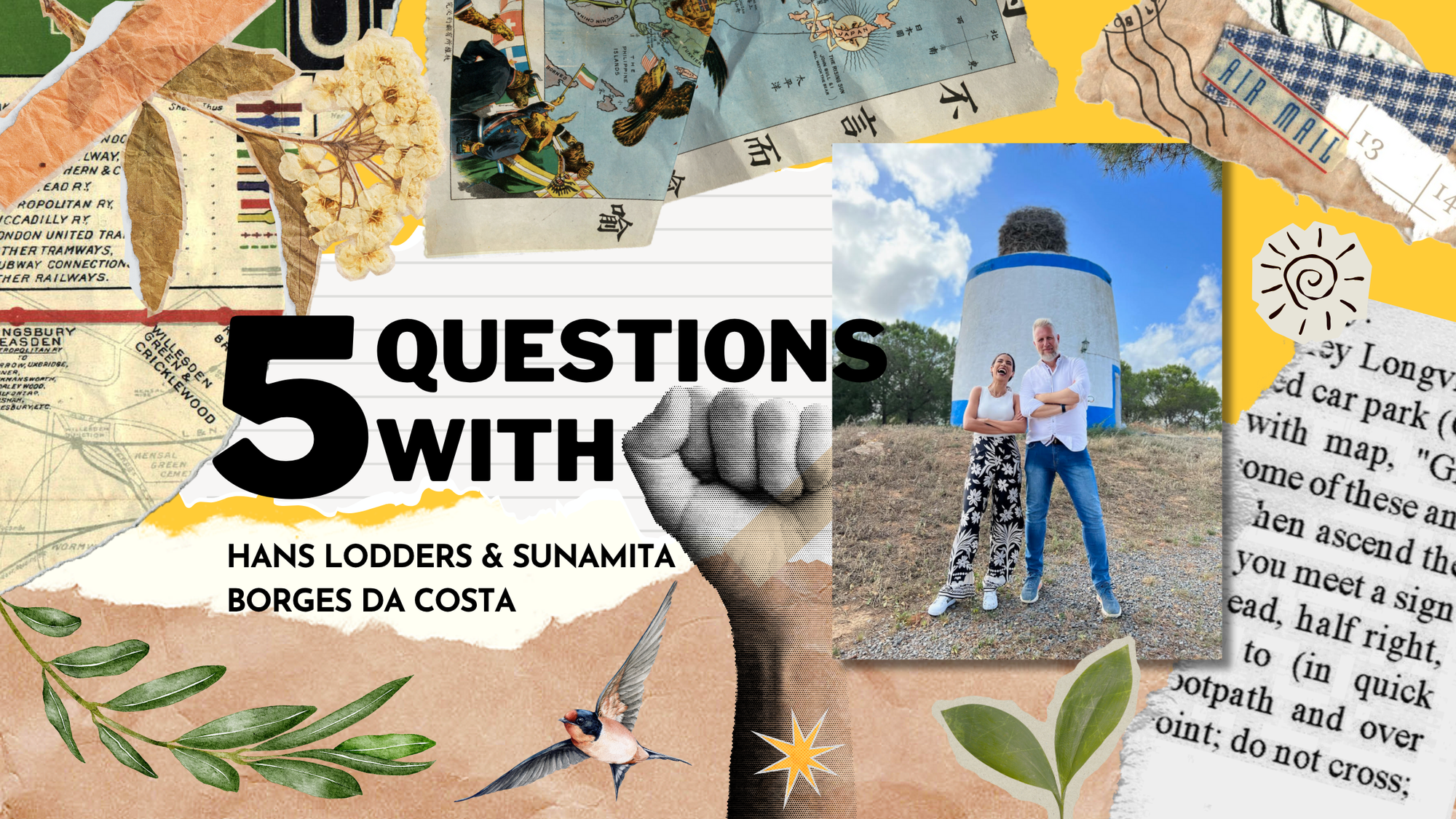

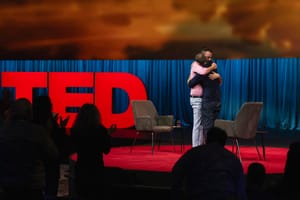
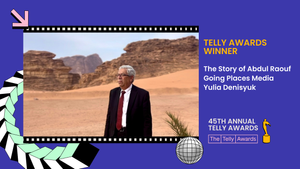

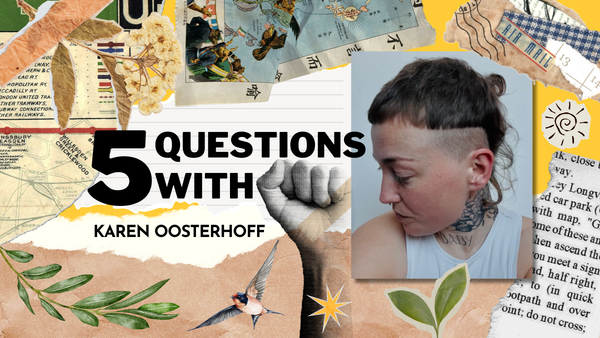
Member discussion